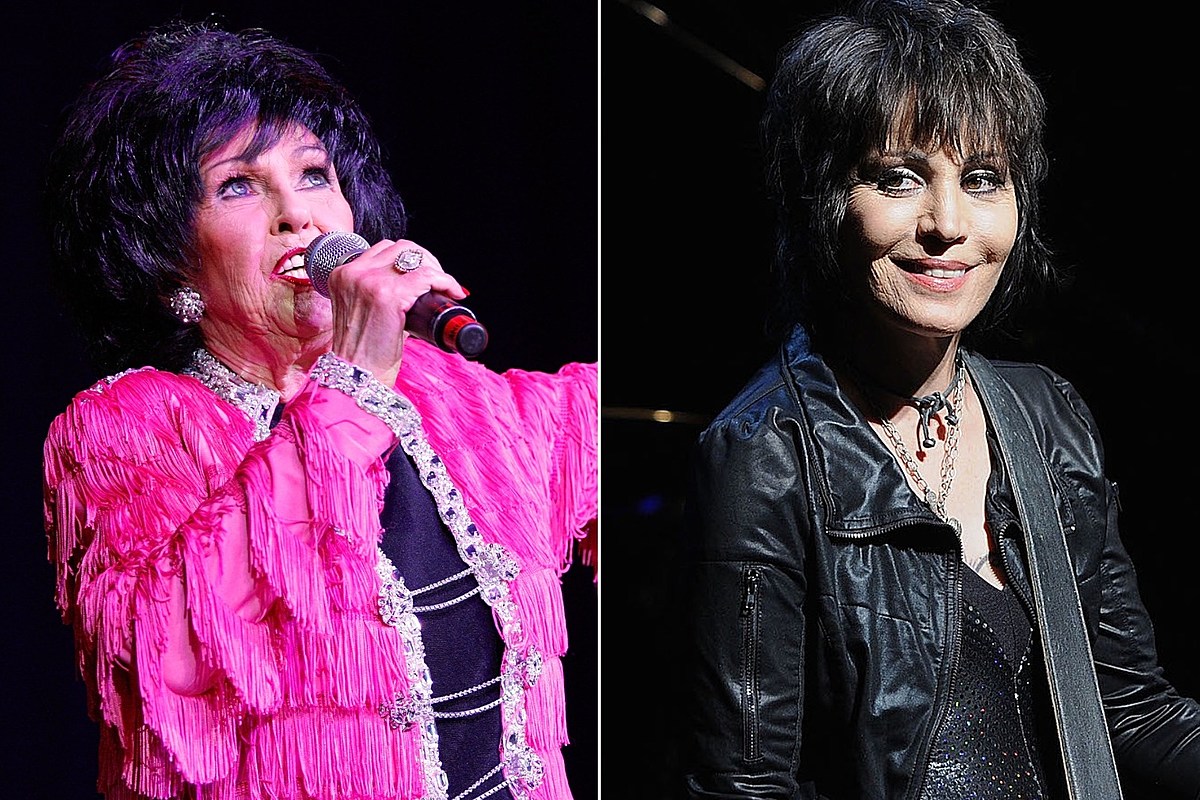An African American writer and activist Alice Walker commenced publishing her fiction and poetry through the latter many years of the Black Arts movement in the 1960’s. Born in 1944 in Eatonton, Ga, to sharecropper mom and dad, she realized racism and poverty only too properly and with works expressing the need for the tackling of such troubles she has turn into one particular of the ideal-known and most remarkably revered writers from the U.S. together with these kinds of writers as Toni Morrison and Gloria Naylor , normally associated with the publish-1970s surge in African American women’s literature.
Her activism started off just after being educated at Spelman College or university and Sarah Lawrence Higher education, where by Walker, in a graduation speech spoke out in opposition to the silence of that institution’s curriculum to African-American society and history. Active in the 1960s Civil Rights Movement in the South, she applied her have and others’ ordeals as materials for her searing evaluation of politics and black-white relations in her novel Meridian (1976).
Starting with her initially novel, The 3rd Everyday living of Grange Copeland, Walker has concentrated on these kinds of concerns as sexual and racial realities inside of black communities as very well as the unavoidable connections between family members and modern society. For exposing the previous, she has been criticized by some African-American male critics and theorists for exploring the latter, she has been awarded several prizes whilst winning the hearts and minds of numerous black and white audience.
Walker’s heroes, typically ladies in the African-American community having difficulties to emerge from a background of oppression and abuse, find toughness in binding with other girls and turnng to the African previous in the search for choices to this rapacious technological civilization.
Her most renowned work, coming out in 1982, The Coloration Purple composed in epistolary variety, chronicles the everyday living of a poor and abused southern black American woman growing up between 1909 and 1947 in a city in Ga who immediately after her extended suffering of abuse at the palms of quite a few adult males sooner or later triumphs above oppression and attains self-realization via affirming woman associations.
Infused with incest, lesbian adore, and sibling devotion,Colour Purple also introduces blues tunes as a unifying thread in the life of lots of of the characters. In it, she brought jointly many of the people and themes of her earlier works as a result generating “an American novel of lasting great importance.”
Narrated through the voice of Celie, The Shade Purple is structured via a collection of letters written by a southern black girl (Celie), reflecting a heritage of oppression and abuse endured at the fingers of the guys. Celie writes about the misery of childhood incest, bodily abuse, and loneliness in her “letters to God.” After being consistently raped by her stepfather, Celie is forced to marry a widowed farmer with three small children. Still her deepest hopes are recognized with the enable of a loving community of women, like her husband’s mistress, Shug Avery, and Celie’s sister, Nettie. Celie slowly learns to see herself as a desirable female, a balanced and important part of the universe.
The novel charts Celie’s resistance to the oppression encompassing her, and the liberation of her existence through good and supportive relations with other women of all ages. Maybe even more than Walker’s other is effective, [The Color Purple] specifically affirms that the most abused of the abused can rework herself.
Set in rural Georgia for the duration of segregation, The Coloration Purple brings parts of nineteenth-century slave autobiography and sentimental fiction collectively with a confessional narrative of sexual awakening.
The e book was resoundingly praised for its masterful recreation of black folks speech, in which, Walker converts Celie’s “subliterate dialect into a medium of impressive expressiveness, shade, and poignancy,” which he found unattainable to imagine Celie aside from for “via it, not only a unforgettable and infinitely touching character but a entire submerged globe is vividly known as into becoming.” The Coloration Purple (1982) has been praised for Walker’s forthright depiction of taboo subjects and her very clear rendering of people idiom and dialect. It has generated the most public awareness as a e book and as a significant movement photo. The novel gained the two the Pulitzer Prize and the American Book Award, and was produced into a well-liked movement image which acquired various Academy Award nominations.
The awards and its currently being adapted into a movie by Steven Spielberg brought the guide with each other with Walker herself to the focus of mainstream The usa therefore becoming recognised to an even wider viewers. The musical phase adaptation of the e book premiered at the Alliance Theatre in Atlanta in 2004 and opened on Broadway in 2005.
But this introduced her not only fame but controversy as perfectly. She was greatly criticized for detrimental portrayals of men, nevertheless many critics admitted that the motion picture offered additional simplistic detrimental shots than the book’s far more nuanced portrayals. For adult men occur in mostly for a uncooked deal with Walker’s harshest critics condemning her portrayal of black adult males in the novel as “male-bashing.” A recurrent function in her fiction are black males representing a era of adult males who ‘had unsuccessful girls and by themselves.’ It, having said that, proven her as a dominant voice in the quest for a new black identification.
The Colour Purple turned a stage of demarcation in Walker’s function, becoming each the completion of the cycle of novels she declared in the early 70’s and the beginning of new emphases for her as a author. For fourteen years previously Walker experienced declared herself an African American woman author who was fully commited to exploring the life of black females completing the cycle demonstrating: “the survival and liberation of black girls by way of the power and knowledge of other folks.”
She explained the a few forms of women of all ages people she felt ended up missing from a great deal of the literature of the United States.
To begin with, there ended up those people who were being exploited the two bodily and emotionally. Their life ended up narrow and confining and they were being pushed occasionally to insanity. These were typified in Margaret and Mem Copeland in her to start with novel.
Next there have been individuals who were victims not so substantially of bodily violence as of psychic violence, hence getting ladies alienated from their personal society.
The 3rd form represented most successfully by Celie and Shug in The Colour Purple are these African American women who in spite of the oppression they go through reach some wholeness and develop areas for other oppressed communities.
Refusing to disregard the tangle of personalized and political themes, Walker has made 50 percent a dozen novels, two collections of short stories, numerous volumes of poetry, and books of essays. However she has attained fame and recognition in lots of international locations, she has not shed her sense of rootedness in the South or her sense of indebtedness to her mom for exhibiting her what the lifetime of an artist entailed.
Composing of this central experience in her renowned essay, “In Look for of Our Mothers’ Gardens,” she talks about observing her mother at the finish of a working day of back again-breaking bodily labor on someone else’s farm return household only to wander the extended distance to their very well to get water for her backyard planted every single year at their doorstep. Walker noticed her layout that back garden, putting tall crops at the back and planting so as to have anything in bloom from early spring right until the stop of summertime. Even though Walker did not identify what she was viewing at the time, the adult Walker now sees her mother as an artist comprehensive of perseverance, a keen feeling of design and style and equilibrium, and a hard conviction that lifestyle without the need of splendor is unbearable.
Regarded as 1 of the leading voices between black American women writers, Alice Walker has manufactured an acclaimed and assorted physique of do the job, including poetry, novels, small stories, essays, and criticism. Her writings portray the struggle of black individuals all through record, and are praised for their insightful and riveting portraits of black lifetime, in distinct the encounters of black women of all ages in a sexist and racist society.
Walker has explained herself as a “womanist” – referring to a black feminist – which she defines in the introduction to her book of essays, In Lookup of Our Mothers’ Gardens: Womanist Prose, as a single who “appreciates and prefers women’s tradition, women’s psychological adaptability … women’s energy” and is “fully commited to [the] survival and wholeness of overall individuals, male and female.”
A theme in the course of Walker’s perform is the preservation of black culture, with her feminine people forging crucial one-way links to keep continuity in each particular interactions and communities
Walker is worried with “heritage,” which to her “is not so much the grand sweep of history or artifacts produced as it is the relations of individuals to each and every other, youthful to old, parent to child, man to lady.”
Further Readings:Alice Walker Directory
- Allan, Tuzyline. Womanist and Feminist Aesthetics: A Comparative Overview. Athens: Ohio UP, 1995.
- Butler-Evans, Elliott. Race, Gender, and Drive: Narrative Strategies in the Fiction of Toni Cade Bombara, Toni Morrison, and Alice Walker. Philadelphia: Temple UP, 1989.
- Russell, Sandi. Render Me My Song: African-American Ladies Writers from Slavery to the Current. New York: St. Martin’s Push, 1992.
- I Adore Myself When I Am Laughing…& Then Once more When I Am Seeking Imply & Extraordinary: A Zora Neale Hurston Reader. Zora Neale Hurston Alice Walker, editor. Trade Paperback, 1979.
- In Lookup of Our Mothers’ Gardens: Womanist Prose: Alice Walker, Trade Paperback, 1984 (at first 1983) Alice Walker & Zora Neale Hurston: The Typical Bond: Lillie P. Howard, Contributions in Afro-American & African Sequence #163 (1993) Exact River Two times: Honoring the Complicated: A Meditation on Existence, Spirit, Art & the Producing of the Film, The Colour Purple, Ten Years Later on: Alice Walker, 1997 (at first 1996).
- Alice Walker Banned: The Banned Is effective: Alice Walker, edited and with commentary by Patricia Holt, Hardcover, 1996.
- Everything We Really like Can Be Saved: A Writer’s Activism: Essays, Speeches, Statements and Letters. Alice Walker, Hardcover, 1997. Also Paperback.
- Alice Walker: An Annotated Bibliography: Erma D. Banking companies and Keith Byerman, Hardcover, 1989.
- Alice Walker: Harold Bloom, editor. Library Binding, January 1990. Essential essays on The Colour Purple and other operates by Alice Walker.
- Erma Davis Banking institutions and Keith Byerman, Alice Walker: An Annotated Bibliography, 1968-1986 (New York: Garland, 1989).
- Harold Bloom, ed., Alice Walker’s “The Colour Purple,” Fashionable Vital Interpretations sequence (New York: Chelsea House, 2000).
- Ikenna Dieke, ed., Essential Essays on Alice Walker (Westport, Conn.: Greenwood Push, 1999).
- Henry Louis Gates and K. A. Appiah, eds., Alice Walker: Essential Perspectives Earlier and Existing (New York: Amistad Push, 1993).
- Maria Lauret, Alice Walker, Contemporary Novelists series (New York: St. Martin’s Push, 2000).
- Evelyn C. White, Alice Walker: A Everyday living (New York: Norton, 2004).
- Donna Haisty Winchell, Alice Walker (New York: Twayne, 1992).
- The Shade Purple, writ. Alice Walker and Menno Meyjes, dir. Steven Spielberg (Burbank, Calif.: Warner Bros., 1985). Qiana Whitted, Yale University, New Haven, Connecticut
Related One-way links


















/https://specials-images.forbesimg.com/imageserve/604ad3acf728cc29468fec2e/0x0.jpg?cropX1=0&cropX2=846&cropY1=47&cropY2=523)
![See Inside the Amazing Homes of State Music’s Queens [Pics]](https://townsquare.media/site/204/files/2020/08/tim-mcgraw-faith-hill-mansion-california-pictures.jpg?w=1200&h=0&zc=1&s=0&a=t&q=89)










